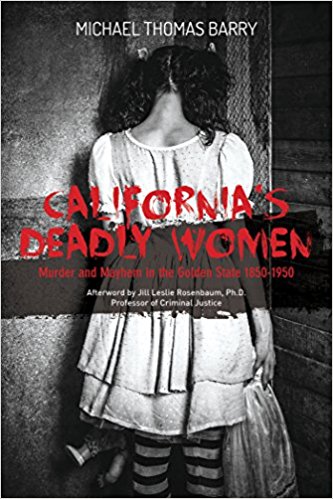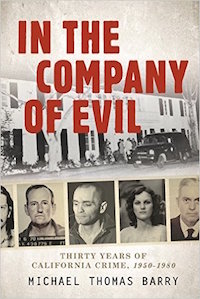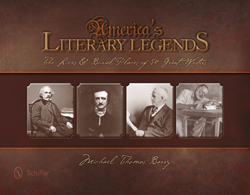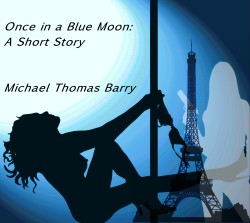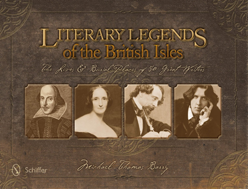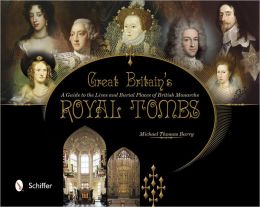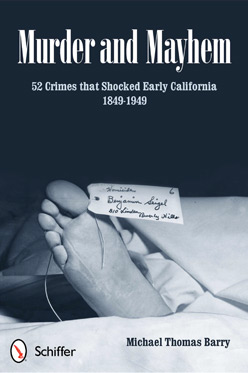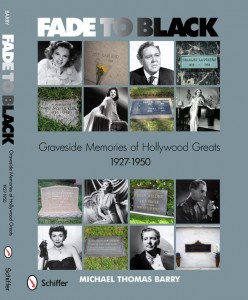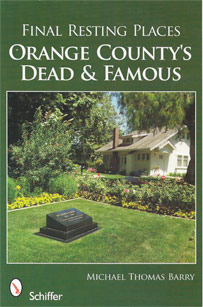03.10
![5star-shiny-web[1]](https://michaelthomasbarry.com/wp-content/uploads//2015/03/5star-shiny-web1.png)
What is it that makes a great writer? A great work of literature? When asked this question, perhaps the first name that comes to mind is Shakespeare. But he was not the only great and it might be argued by Shakespearean scholars that perhaps his words were not his own. Besides, there are a lot of ‘greats’ outside of Great Britain. Even the United States had its great writers. If one is to compare the era of Shakespeare (the sixteenth century), historians will note that the United States was recognizing its own literary beginnings not long after with the poetry of people like Anne Dudley Bradstreet (1612-1672), considered to be one of the earliest noteworthy American poets. Her writings remained unrivaled by any other American woman writer until the emergence of Emily Dickinson in the 19th century. And, along with the early settlers, the pilgrims and the explorers, there were others who wrote letters (a literary work of art in itself), journals, poetry, stories, articles and much more.
So where does one begin in discussing the ‘greats’ of American literature? With the historical personages like Bradstreet, but also with the American classics like Henry Wadsworth Longfellow, whose epic poem, The Song of Hiawatha, sparked generations of Europeans who relished the romantic ideal of the noble savage. Then there’s Harriet Beecher Stowe, whose novel, Uncle Tom’s Cabin, sparked the abolitionist cause of the Northern States.
Michael Thomas Barry has done an incredible job bringing together the literary ‘greats’ of American literature from the first settlers well into the twentieth-century. Did he leave any out? Definitely. His book reveals interesting tidbits, quotes, information, photographs and burial places of fifty American literary ‘greats’. It’s just a taste to spark the reader’s interest. His layout and informative discussions lead the historian, the literary enthusiast, and even the curious reader, through history. It is an easy and enjoyable read for both the intellectual and the general interest audience.
Using author quotes from Washington Irving who wrote, “Great minds have purposes; others have wishes,” and Nathaniel Hawthorne who wrote, “Words – so innocent and powerless as they are, as standing in a dictionary, how potent for good and evil they become in the hands of one who knows how to combine them,” the author provides the reader with insight into the lives, the literature and the birth and burial places of these literary ‘greats’. This is an outstanding, interesting and informative resource on some of America’s great literary geniuses.
Reviewed by Emily-Jane Hills Orford for Readers’ Favorite

